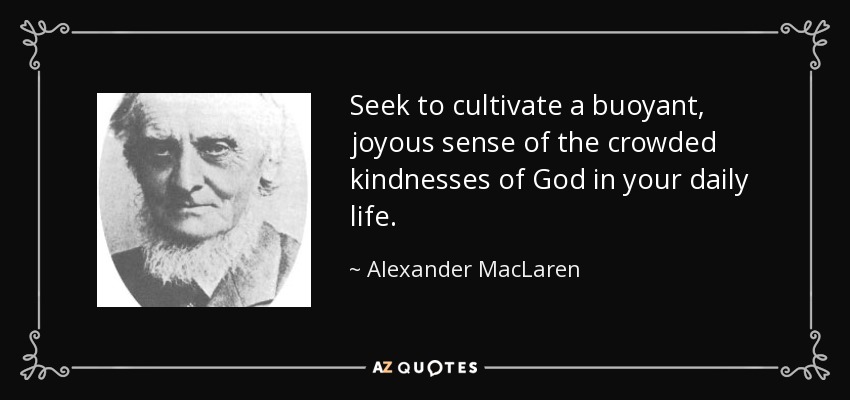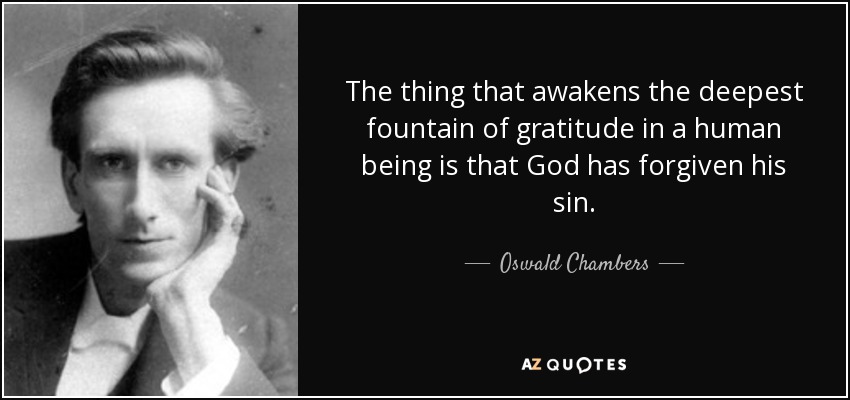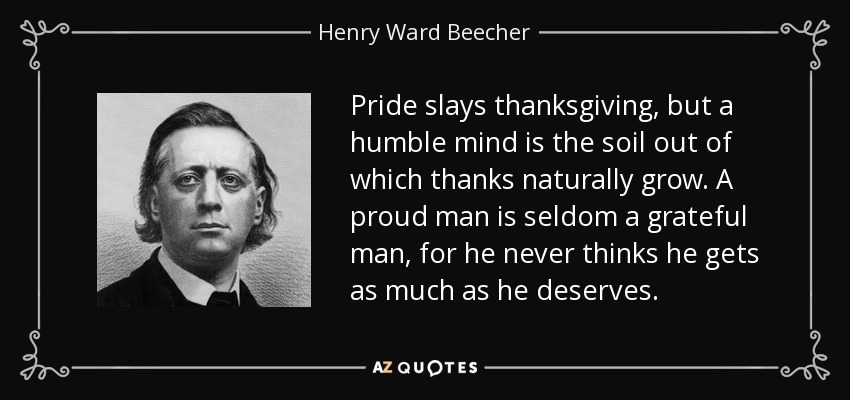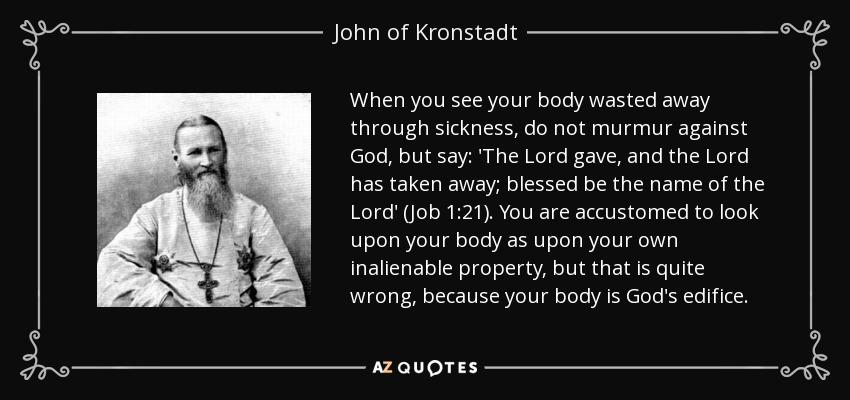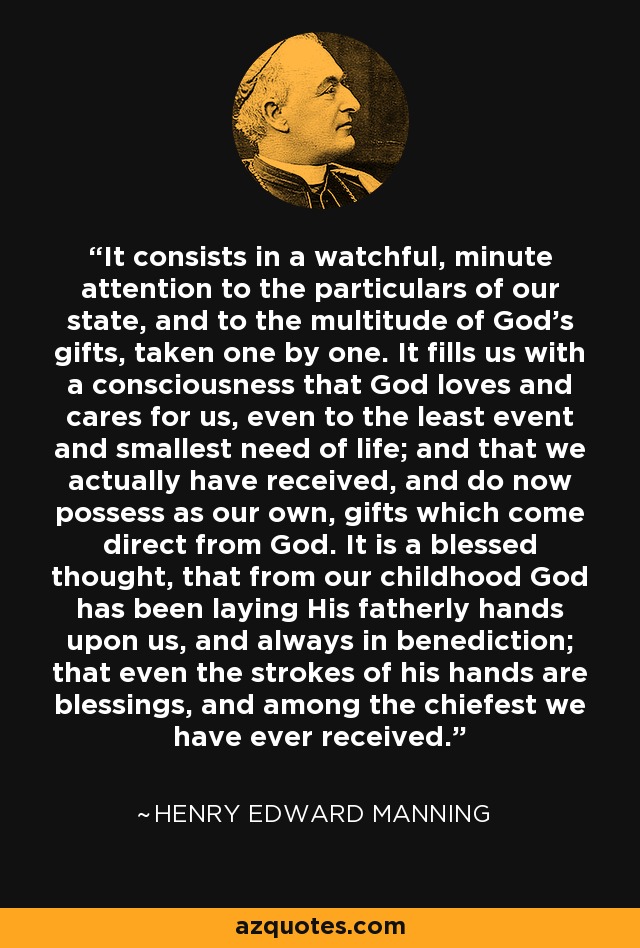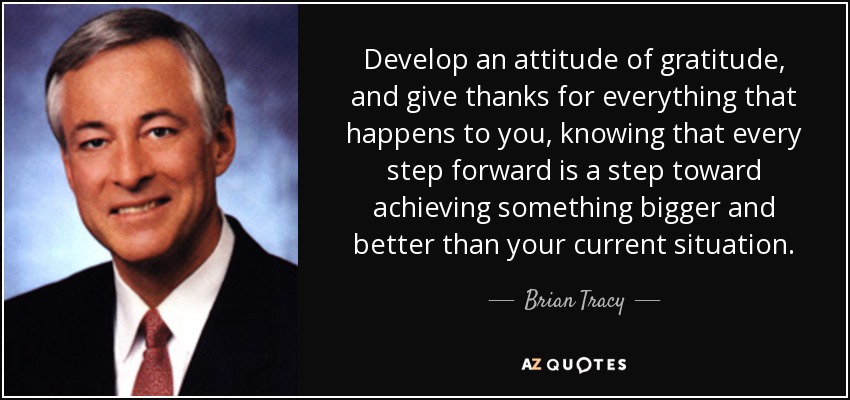Click here to return to Blog Post Intro

Your Invitation to Transformation
DeMoss explains that over the years, she has sought to make gratitude a way of life and has therefore experienced many of the blessings that accompany the “attitude of gratitude.” However, she quickly points out that if she is not ceaselessly vigilant about rejecting ingratitude and choosing gratitude, she all-too-easily gets sucked into the undertow of life in a fallen world. She starts focusing on what she doesn’t have that she wants; or she wants what she doesn’t have.
That is at the root of “Stealing” and this month’s focus on the 8th Commandment!
Gratitude truly is our life preserver. Even in the most turbulent waters, choosing gratitude can rescue you from yourself and your runaway emotions. Over time, choosing gratitude means choosing joy. But that choice doesn’t come without effort and intentionality.
Cultivating a thankful heart is a safeguard against becoming bitter, prickly, and sour. A grateful child of God can’t help but be a joyful, peaceful, radiant person.
The Power of Gratitude
Few things are more becoming in a child of God than a grateful spirit.
In every circumstance that comes your way, you can choose to respond in one of two ways: you can whine—or—you can worship! And you can’t worship without giving thanks. It just isn’t possible.
True, Christ-centered, grace-motivated gratitude fits everywhere, even in life’s most desperate moments and difficult situations. Even when there are no “answers,” it gives hope. It transforms overwhelmed strugglers into triumphant conquerors.
Gratitude is a lifestyle. A hard-fought, grace-infused, biblical lifestyle. And though there’s a sense in which anyone can be thankful—for God has extended His common grace to all—the true glory and the transforming power of gratitude are reserved for those who know and acknowledge the Giver of every good gift and who are recipients of His redeeming grace.
Guilt, Grace, and Gratitude
Consider the word “Eucharist” (the term used for what many Christians call Communion or the Lord’s Supper). It comes from the Greek word eucharistia, meaning “the giving of thanks.” The root of that Greek word is charis, which is usually translated “grace.” In numerous verses, that same word, charis, is translated “thanks.” Grace and gratitude: the words are inseparable! And they should be inseparable in our hearts.
When we partake of Communion, we are engaged in gratitude. Gratitude to God. Gratitude for the gospel. From guilt, through grace, to gratitude … all in one life-giving motion. Undeniable guilt, plus undeserved grace, should equal unbridled gratitude. Is the gratitude that flows out of your life as abounding as the grace that has flowed into your life?
Christian gratitude involves recognizing the many benefits we’ve received from God and others (including those blessings that may come disguised as problems and difficulties), acknowledging God as the ultimate Giver of every good gift, and expressing appreciation to Him (and others) for those gifts.
Paul argues that grace begets giving. In 2 Corinthians 9:8, he says that God has made “all grace abound to you, so that having all sufficiency in all things at all times, you may abound in every good work.”
No Thanks
Elisabeth Elliot, whose husband Jim was killed on the mission field by the Quichua Indians said, “Thankless children we all are, more or less, comprehending but dimly the truth of God’s fathomless love for us.”
Perhaps the most graphic illustration of ingratitude in the Bible is Jesus’ healing of the ten lepers, found in Luke 17. Guilt encountered by grace should have issued forth in profound gratitude. However, only one of the ten thanked Jesus for healing them…
Ingratitude is not always a calloused, who-cares shrugging of the shoulders. Sometimes it’s just fourth or fifth on a list we never get around to following through on. How often do we neglect to return thanks for a kindness done, a duty performed, or a step saved?
Dr. D. James Kennedy wrote, “An ungrateful person is only one step away from getting his or her needs met in illegitimate ways.”
Among the instigators of ingratitude are: unrealistic expectations; forgetfulness; comparison; blindness to God’s grace; and a sense of entitlement. When we take simple blessings for granted as if they were owed to us, or conversely, when we start to think that our house, our car, our wardrobe, or our general station in life is beneath what we deserve, ingratitude finds all the oxygen it needs to thrive. The higher our standard of living, the more discontented we become.
Ingratitude steals it all—healthy relationships, humility, contentment, enjoyment, and the sweet walk with Christ that provides our only access to abundant life. A third world observer of America would say, “You have no idea how much you have, and yet you always complain.” We’d have to agree, wouldn’t we?
At many levels, America can be rightly accused of gross ingratitude. Left to ourselves, we do not naturally gravitate toward gratitude.
Why Choose Gratitude?
Ellen Vaughn said, “Gratitude unleashes the freedom to live content in the moment, rather than being anxious about the future or regretting the past.”
Why choose gratitude over ingratitude? For starters, here are eight good reasons
- Gratitude is a matter of obedience.
- Gratitude draws us close. The Scripture says that God inhabits the praises of His people (Psalm 22:3). God lives in the place of praise. If we want to be where He is, we need to go to His address. “Enter his gates with thanksgiving, and his courts with praise!” (Psalm 100:4). “Let us come into his presence with thanksgiving” (Psalm 95:2).
- Gratitude is a sure path to peace. Thanksgiving puts us in God’s living room. In every situation, prayer + thanksgiving = peace. Author and Bible teacher Beth Moore describes the way most people live, by substituting the familiar phrases from Philippians 4:6–7 with their polar opposites: Do not be calm about anything, but in everything, by dwelling on it constantly and feeling picked on by God, with thoughts like, “And this is the thanks I get,” present your aggravations to everyone you know but Him. And the acid in your stomach, which transcends all milk products, will cause you an ulcer, and the doctor bills will cause you a heart attack, and you will lose your mind.
- Gratitude is a gauge of the heart. “Surely the righteous shall give thanks to your name,” the psalmist wrote (Psalm 140:13). Giving of thanks is an indicator of our true heart condition. Nancy DeMoss asked Joni Eareackson Tada, “How do you maintain such a joyful spirit, with all the challenges you’re forced to deal with on a daily basis?” With just the slightest pause, she said, “You know, Nancy, I think I’ve just disciplined myself for so many years to ‘give thanks in all things,’ that it’s become my reflex reaction.” The grateful heart that springs forth in joy is not acquired in a moment; it is the fruit of a thousand choices.
- Gratitude is the will of God. “Give thanks in all circumstances; for this is the will of God in Christ Jesus for you” (1 Thessalonians 5:18).
- Gratitude is an evidence of being filled with the Spirit.
- Gratitude reflects Jesus’ heart. One of those qualities of the Lord Jesus that you may overlook if you’re not observant is His spirit of gratitude. It’s noticeable on several occasions:
- At the return of the seventy disciples. Jesus stepped back and marveled at the way the Father works through His people: “I thank You, Father, Lord of heaven and earth, that you have hidden these things from the wise and understanding and revealed them to little children; yes, Father, for such was your gracious will” (Luke 10:21).
- At the tomb of Lazarus. “I thank you that you have heard me” (John 11:41). It’s not hard to thank God after He answers our prayers and we’ve seen the desired outcome. The test of faith and surrender to the will of God is the ability to express thanks before we know how He will respond.
- At mealtime. He “looked up to heaven” and broke the loaves to distribute to the five thousand was one of deep, personal praise and thanksgiving.
- When facing suffering. Jesus paused at least three times during the Passover observance to give thanks: during supper, before taking the cup (Luke 22:17) before distributing the bread (Luke 22:19), and after supper, before taking another cup (Matthew 26:27). All three of the Synoptic Gospels, as well as the apostle Paul, note the fact that Jesus gave thanks before partaking of the elements (Matthew 26:27; Mark 14:23; Luke 22:17–19; 1 Corinthians 11:24). Jesus gave Himself to God and to the world, not under coercion, but with gratitude.
- Gratitude gets us ready for heaven.
Of Whiners and Worshipers
After decades of ministry to hurting people, DeMoss concludes that a failure to give thanks is at the heart of much, if not most, of the sense of gloom, despair, and despondency that is so pervasive even among believers today.
A grateful person is a humble person, while ingratitude reveals a proud heart. Pride is the father of ingratitude and the silent killer of gratitude. A grateful heart is God-centered and others-conscious, while an ungrateful person is self-centered and self-conscious.
Grateful people are loving people who seek to bless others, while ungrateful people are bent on gratifying themselves. They tend to focus on “my needs,” “my hurts,” “my feelings,” “my desires,” “how I have been treated, neglected, failed, or wounded.” An unthankful person is full of himself, seldom pausing to consider the needs and feelings of others.
Do you tend to be more focused on your own needs and feelings or on blessing and serving God and meeting the needs of others?
Chuck Colson observes, “By any measure of affluence, the average American enjoys a quality of life beyond anyone’s wildest dreams even a few decades ago.” Even during the lowest troughs of the recent economic downturn, Americans are still blessed beyond what most of the world can fathom. And yet in spite of such affluence, the percentage of Americans who describe themselves as “happy” is no higher today than in the 1950s.
Ungrateful people are much like a container that has a hole in it, leaking out every blessing that’s been poured in, always needing something else, something new to consume for satisfaction fuel.
Gratitude is often the only difference between pervasive sadness and pure satisfaction. Are you more prone to focus on what you wish you had (or didn’t have) or on the blessings you do have that are far greater than you deserve?
A grateful heart will be revealed and expressed by thankful words, while an unthankful heart will manifest itself in murmuring and complaining. Some grumble at why God put thorns on roses, while others wisely notice—with awe and gratitude—that God has put roses among thorns.
Thankful people are refreshing, life-giving springs, while unthankful people pull others down with them into the stagnant pools of their selfish, demanding, unhappy ways.
What impact does your spirit have on those around you? Are they refreshed and encouraged by your thankful spirit? Or are they weighed down by your negative, ungrateful words and attitude?
How Can I Say Thanks?
Charles Jefferson said, “Gratitude is born in hearts that take time to count up past mercies.”
There is a downhill trend reported in an article in USA Today, which pointed out that sincere and thoughtful thank-you notes are increasingly being replaced by (if anything at all) an email that amounts to a mere confirmation of receipt.
God’s desire is not just to see us doing grateful things but to see us doing grateful things out of the overflow of a truly grateful heart.
Spoken words of praise and thanks have power to dissipate that spirit of heaviness that sometimes weighs us down and clings to us like a wet blanket. And they have power to do the same for others.
Prayer is a vehicle of worship and gratitude. Paul said to Timothy, “First of all, then, I urge you that supplications, prayers, intercessions, and thanksgivings be made for all people” (1 Timothy 2:1).
For gratitude to become a true joy-maker in our hearts, it must be expressed everywhere, at every opportunity, both privately before God and publicly before others. Psalm 34:1 says, “I will bless the Lord at all times; his praise shall continually be in my mouth.”
So gratitude should be an every-moment, every-hour, every-day, lifetime event. Will we ever run out of things to be thankful for? Not a chance…
Thanks…for Everything
R.C. Trench said, “When thou hast thanked thy God for every blessing sent, what time will then remain for murmurs or lament?”
Charles Spurgeon preached, “Let us daily praise God for common mercies—common as we frequently call them, and yet so priceless that when deprived of them we are ready to perish.”
People who remember to thank God for everything from pliers and pruners to paper plates are people who know what “everything” is all about.
The Apostle Paul wrote, “I thank him, who has given me strength, Christ Jesus our Lord, because he judged me faithful, appointing me to his service” (1 Timothy 1:12). Although He certainly doesn’t need us to accomplish His purposes, God has called us into His service. Let us be grateful!
As the songwriter put it, “Count your blessings, name them one by one, And it will surprise you what the Lord hath done.”
Have you ever made a thorough inventory of the people who have touched your life? Have you taken time to thank them?
But Not without Sacrifice
Priscilla Maurice said, “To give thanks to Him for all things, is, indeed, a very difficult duty; for it includes giving thanks for trials of all kinds; for suffering and pain; for reproaches; for loneliness. Yet those who have learned submission will not find it a hard duty.”
The capacity to respond to adversity with faith and gratitude is not limited to spiritual “superheroes.” The choice before us today is: Do we only give glory to God for the part of our life that’s going the way we want? Or do we worship Him, trust Him, and give Him thanks, just because He is God—regardless of the dark, painful, incomprehensible places we encounter in our journey? It’s a sacrifice either way. If we go on without gratitude—choosing to be bitter, constantly bemoaning our fate—we force ourselves to live in already unhappy conditions with the added drag of our gloomy disposition. Unwilling to stay mindful of the blessings we enjoy in spite of our difficulties, as well as the strength and sensitivity God grows best in us through hardship and loss, we sacrifice peace. We sacrifice contentment. We sacrifice relationships—and freedom and grace and joy.
Think of it this way—anything that makes us need God is (ultimately, in the truest sense) a blessing.
Going Gratitudinal
“Attitudinal change” is a fancy way to say that new behaviors start with new mind-sets. The pathway to personal transformation requires a change in perspective.
Expressing true gratitude involves choices as practical as setting your clocks correctly, changing your vacuum bag, or locking your doors at night. It is a regular maintenance plan, something that only happens when you do it on purpose, yet it’s sure to save you all kinds of trouble down the line. It’s hard work. But it works. And we grow more like Christ every time we practice it.
Here are some specific recommendations that can get us headed in that direction:
- Surrender your rights to God.
- Write down every blessing you can think of. See how long the list might go.
- Take stock of your gratitude accounts. Who deserves (or needs) a word of thanks from you? Write thank-you notes. This is a great way to express appreciation for the benefits we have received from others—gifts, acts of service, godly example and counsel, prayers, and encouragement, to name a few. Though many no longer consider this a necessary practice, it’s still true that caring enough to write a letter, buy a stamp, and look up an address, just to say thanks, is a kindness that reflects a heart of grace and humility. Further, the act of expressing gratitude breeds joy—in the sender and in the recipient.
- Commit to a set season of gratitude. Like any other virtue, a grateful spirit is the work of God’s Spirit within the life of a believer who is purposeful about putting off fleshly inclinations and cultivating spiritual ones. If you want to see lasting change—transformation—in this matter of gratitude, set aside a concentrated period of time to focus on that process. Determine the time frame, mark your calendar, and let your spouse or accountability partner know that you are going to make this a season focused on gratitude.
When gratitude becomes your default setting, life changes.
Arguably the most affluent, materially blessed people in the history of the world, we have become angry, bitter, proud, and ungrateful.
Sanctification is a life-long process, and DeMoss explains that she doesn’t expect that years of habit patterns will be undone overnight. “Putting off” the old life of the flesh and “putting on” the new life of the Spirit takes intentionality, humility, time, and effort. But DeMoss says, “My heart is set on this journey. I’m making myself accountable to others who are committed to the process with me until, by His grace, gratitude becomes the ‘default setting’ of my heart and my response to all of life. Will you go there with me? He is worthy!”

